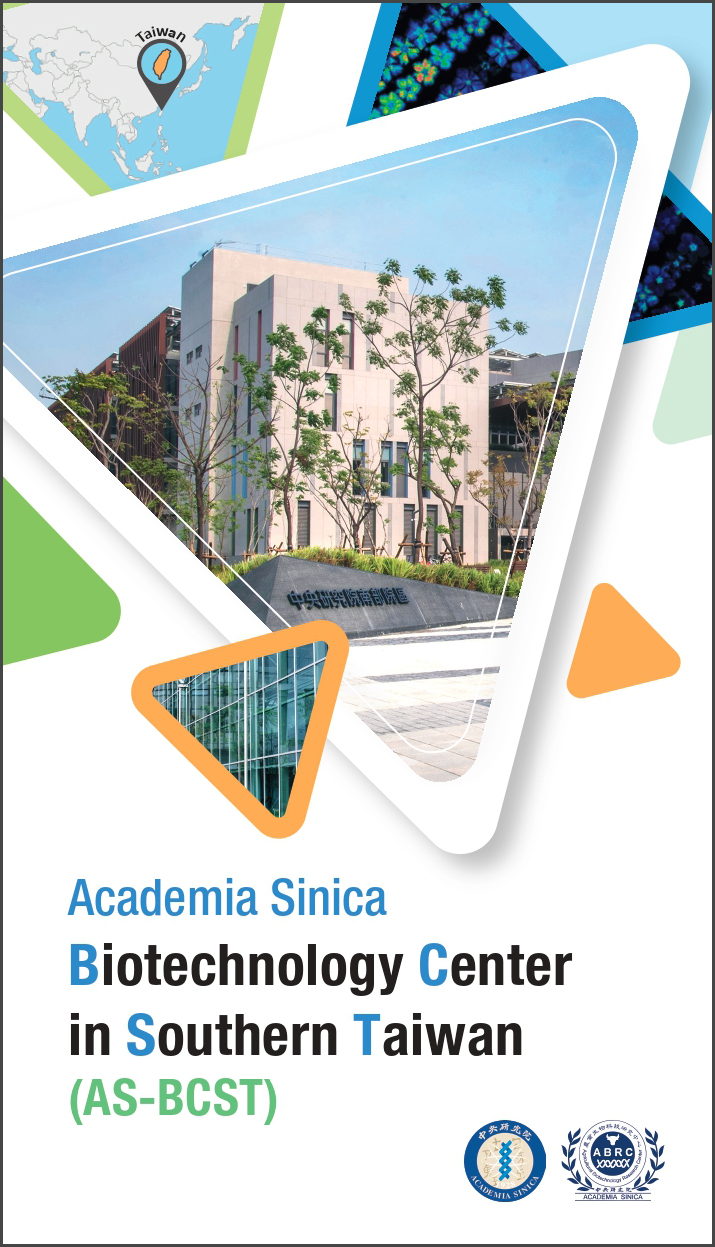Introduction


Over the past 50 years, Taiwan's agriculture has fully utilized traditional production techniques, making it a significant behind-the-scenes contributor to Taiwan's economic miracle. Agriculture not only ensures domestic self-sufficiency but also provides international technical support. However, in the 21st century, Taiwan's agriculture will face severe challenges, such as limited agricultural land, high labor costs, energy shortages, prevalent pests and diseases in plants and animals, soil pollution, and water scarcity. Joining the WTO has opened the agricultural product market, presenting new challenges for the agriculture sector.
Therefore, Taiwan's agriculture needs to undergo active transformation to cope with international competition and ensure food security and sustainable development of the environment. This transformation should be driven by strategically integrating research projects in emerging biotechnologies to break through the current obstacles in agricultural development. Many advanced countries have successfully applied biotechnology in agriculture and related industries, making it crucial for Taiwan to pay special attention to this area, especially considering Taiwan's densely populated areas, concentrated livestock and crop cultivation, and limited arable land.
In this context, the Agricultural Biotechnology Research Center (ABRC) was formally established in 2006 at the Academia Sinica's Nankang campus. The center's mission is to utilize emerging biotechnologies to serve industries and contribute to society. However, the Nankang campus lacks sufficient downstream research facilities in applied biotechnologies, such as greenhouses, experimental fields, and mid-scale production factories, which affects the center's ability to apply upstream fundamental biotechnological innovations to industries. To promote collaboration between the government, academia, and research sectors and balance regional development in Taiwan, it is necessary to find suitable locations and collaborative partners in Southern Taiwan to establish a biotechnology research center.
Southern Taiwan enjoys a favorable climate and is home to various specialized zones, such as the World Vegetable Center, Agricultural Research and Extension Station, Livestock Research Institute, and specialized zones for rice, flowers, fruits, and vegetables. Additionally, several public and private universities have departments related to biotechnology. These conditions facilitate collaborative exchange of technology and market information with Academia Sinica, joint training of research and development talents, and access to field test sites. Therefore, Academia Sinica Biotechnology Experimental Center in Southern Taiwan was established in 2004 and settled in the Southern Taiwan Science Park in Tainan. By the end of 2006, the greenhouse opened. In 2008, it was renamed Academia Sinica Biotechnology Center in Southern Taiwan (BCST), and in 2010, it moved into the Nan-Ying Biotechnology Building in the Southern Taiwan Science Park. Later, to coordinate with the development of the new southern campus of Academia Sinica, the BCST was merged into the Agricultural Biotechnology Research Center in 2014 and relocated to the first research building of the Southern Campus in Guiren District, Tainan City in 2021, becoming the first research unit to settle in the Southern Campus of Academia Sinica.
Currently, the ABRC has twenty-two researchers and six research specialists, including eight researchers and three research specialists serving at the BCST in the Southern Campus. The BCST is dedicated to enhancing Taiwan's agricultural biotechnology and fostering the advancement of the broader biotechnology industry. The research is concentrated on three dimensions: agricultural genome research, functional small molecule exploration, and translational agronomy applications. Initially, it integrates bioinformatics and big data analysis to pioneer the research and development in crop genomics. Subsequently, through the utilization of a high-end mass spectrometry platform, it conducts chemotyping of crops and explores functional small molecules. By merging deep learning algorithms with sophisticated plant image phenotyping and crop genotyping data analysis, the BCST aims to achieve predictive phenotype analysis results. This collaborative approach reduces the cost of identification and field analysis and promotes the goal of precision agriculture. Furthermore, the BCST conducts comprehensive research into crop pathogenic genes, disease mechanisms, and counteractive measures, and develops essential biotechnology for cultivating vital food and ornamental crops. To realize these objectives, the BCST is outfitted with platforms for in situ hybridization and genetic transformation of orchids, bioinformatics analysis, phenotyping analysis, greenhouse core facilities, mass spectrometry core facilities, and an incubation center.
Moreover, the BCST is dedicated to promoting the development of agriculture and attracting talents at all levels from within and outside Taiwan, providing essential support for the future of agriculture. The center actively collaborates with universities in central and southern Taiwan, strengthening the joint appointment of researchers and co-supervision of master's and Ph.D. students. Additionally, the center offers college students opportunities for summer training and off-campus internships, jointly cultivating research leaders in agriculture.
Biotechnology Center in Southern Taiwan (PDF Download)

(Aerial Photo from Tainan City Goverment Economic Development Bureau)
